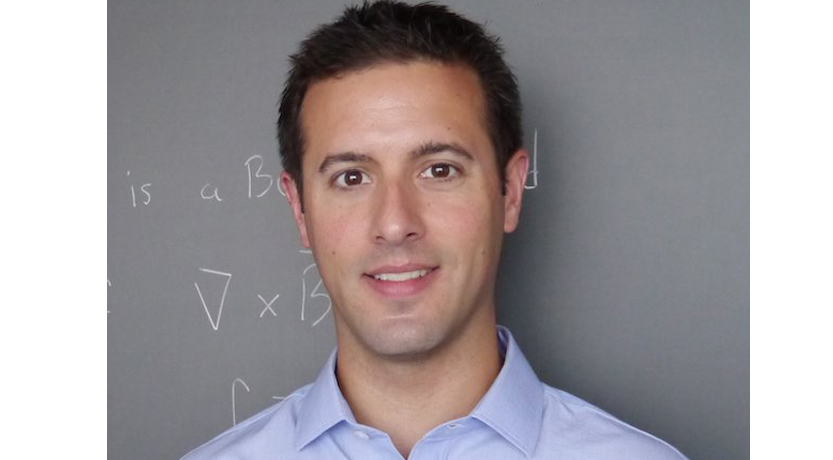Past Event: Oden Institute Seminar
Michael O'Neil, Professor, Mathematics, Courant University
3:30 – 5PM
Thursday Nov 17, 2022
POB 6.304
Solving Maxwell’s equations governing electromagnetic wave propagation in non-trivial geometries is not merely a numerical or scientific computing matter: the equations “see” the connectedness of the geometry and can be quite sensitive to the driving frequency in the time-harmonic case. In this talk, I will give a brief overview of the ways in which “standard” approaches for solving electromagnetic scattering problems breakdown, as well as a suite of modern integral equation approaches that provide remedies. The solution to these integral equations can be accelerated via use of an FMM, and the benefits of high-order solvers over low-order ones will be demonstrated via several numerical examples.
Michael O'Neil was born in Syracuse, NY and received a B.A. in Mathematics from Cornell University in 2003 and a Ph.D. in Applied Mathematics from Yale University in 2007. He worked as a quant/trader at Susquehanna International Group from 2007-2010. From 2010-2014 he was a postdoctoral scholar at the Courant Institute of Mathematical Sciences, New York University. He has been faculty in the Department of Mathematics at the Courant Institute, NYU since 2014 (Asst Prof 2014-2020, Assoc Prof 2020-). His research interests include computational electromagnetics and acoustics, fast algorithms, fast direct solvers, partial differential equations, integral equations, and numerical analysis.
